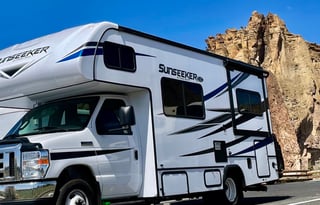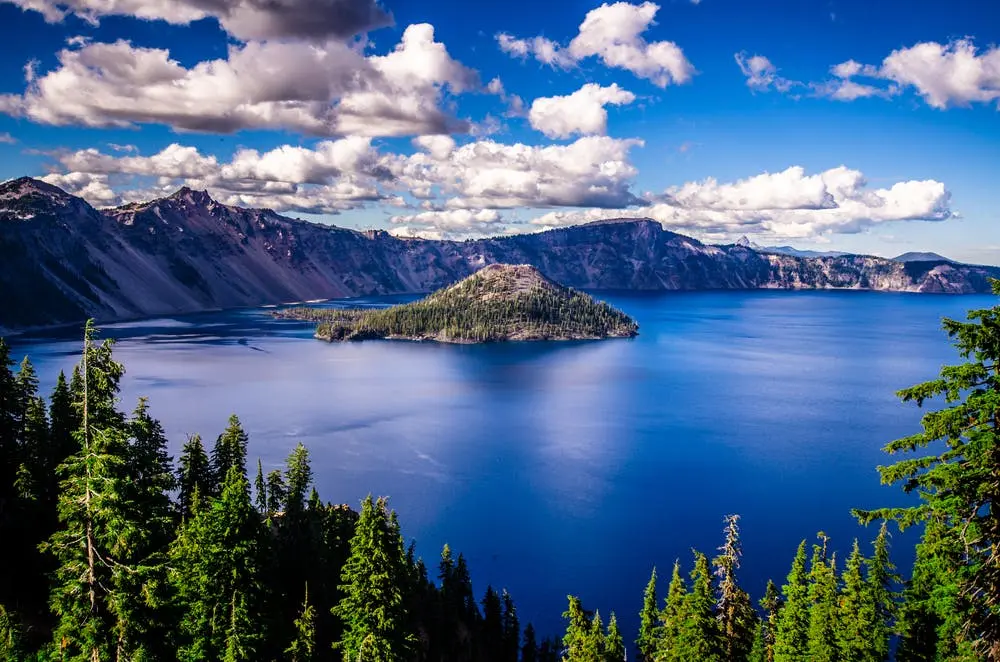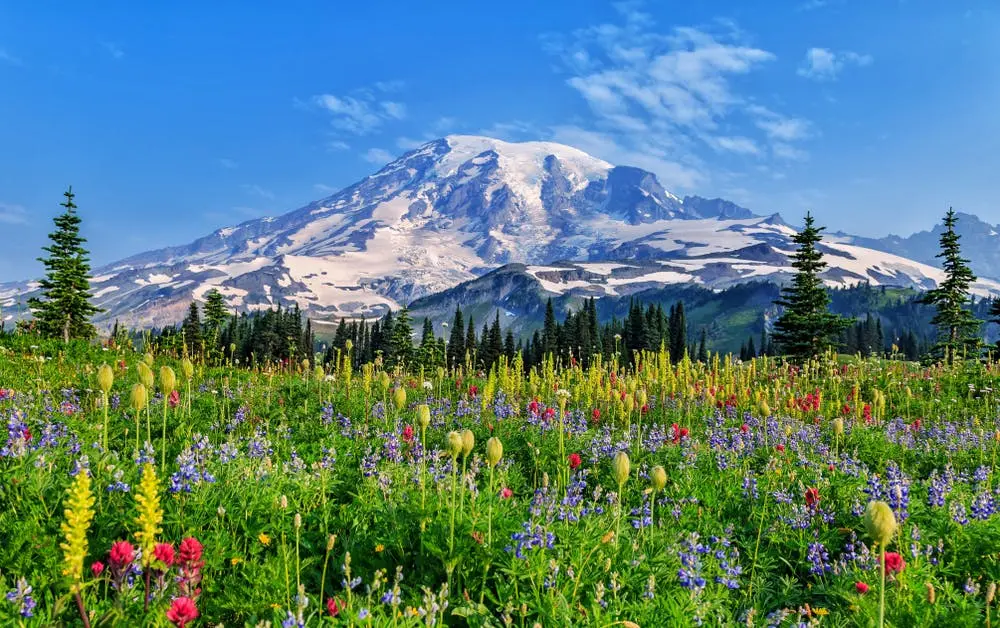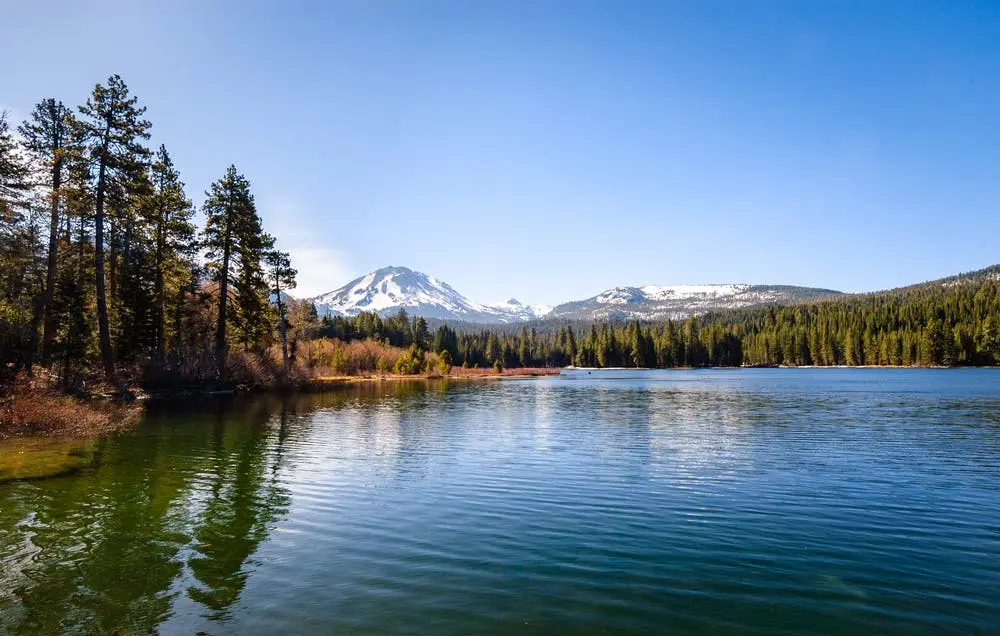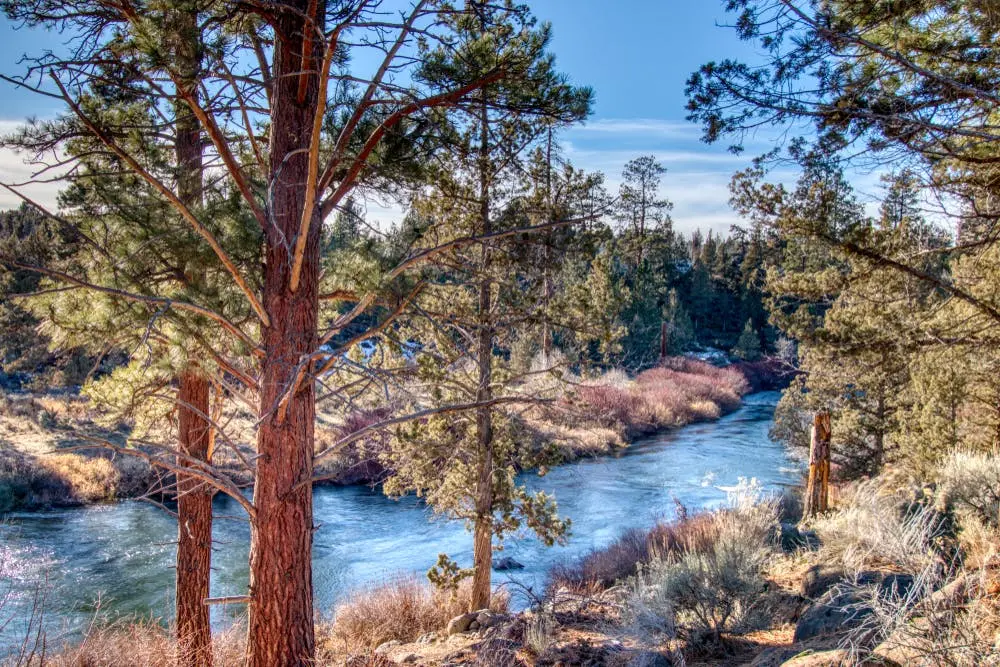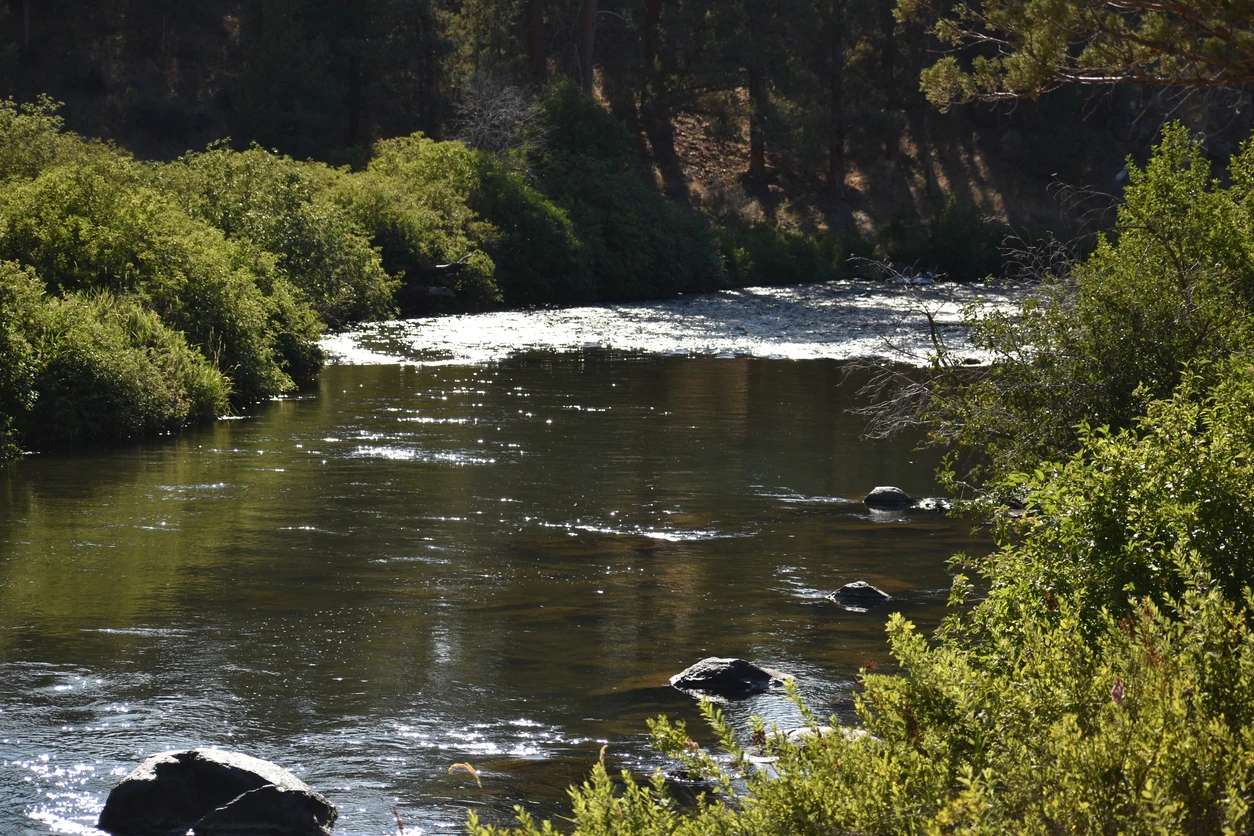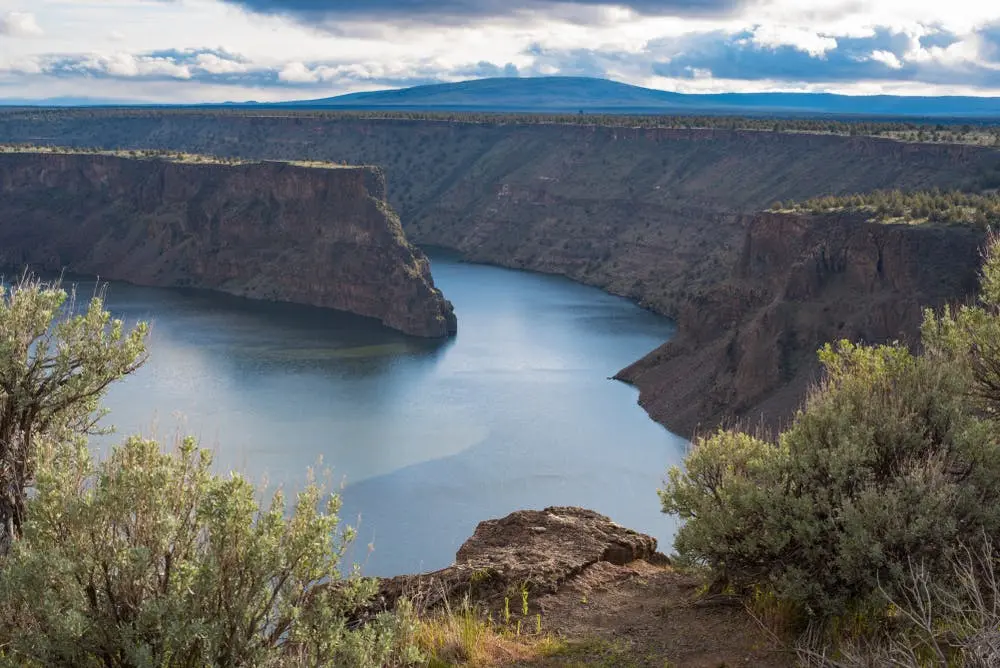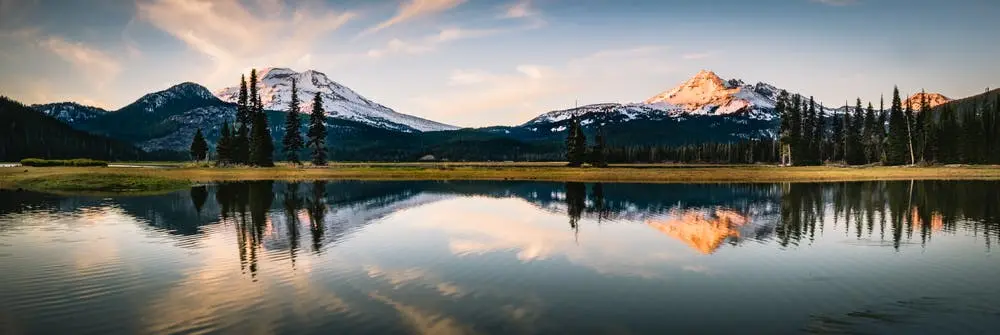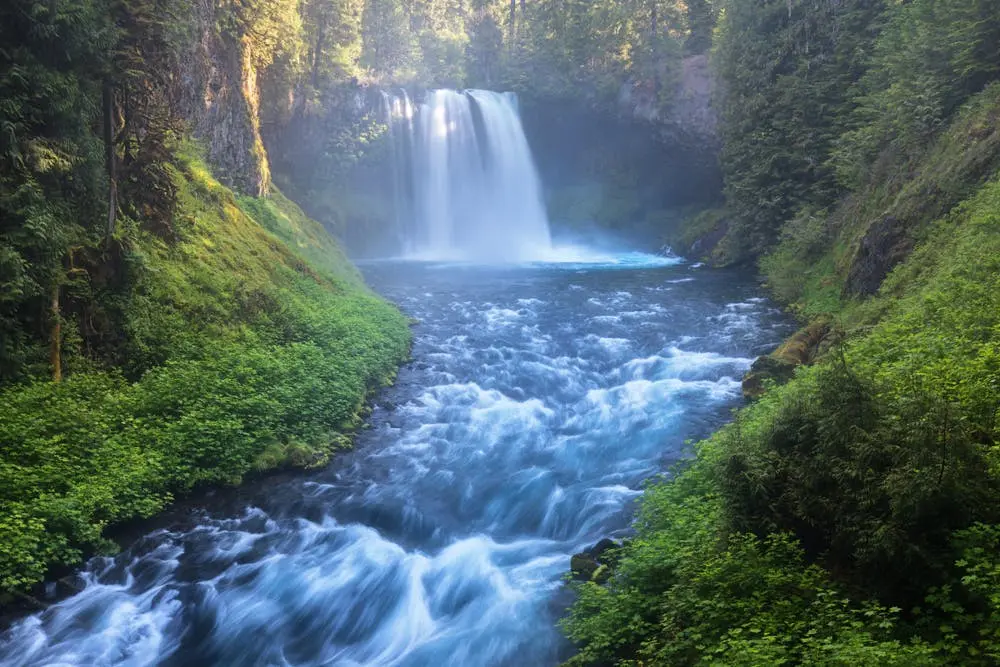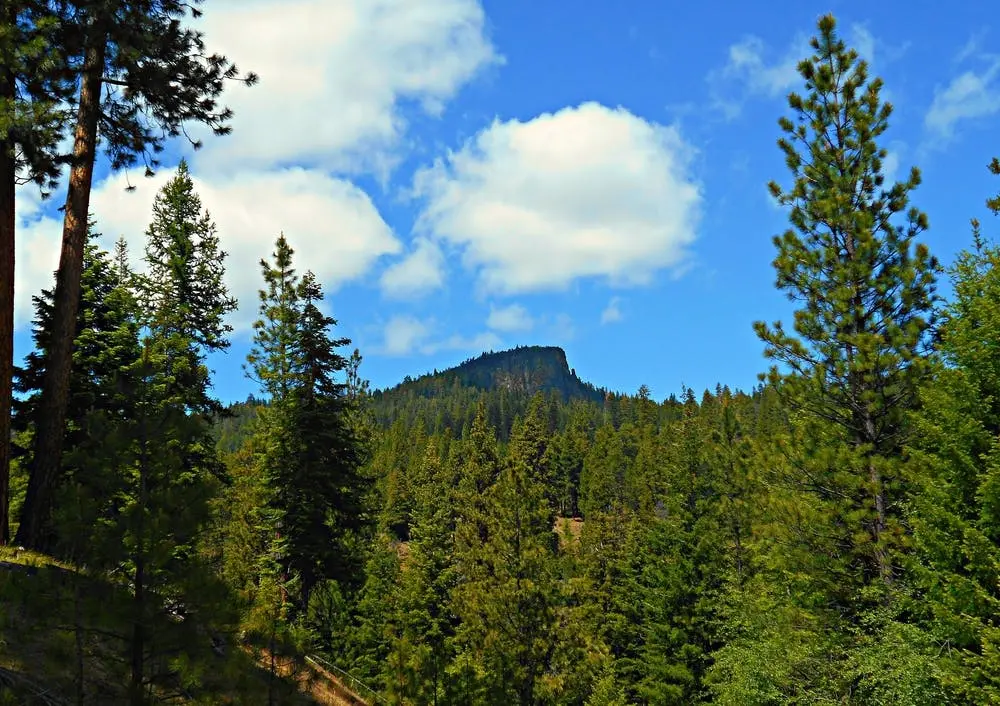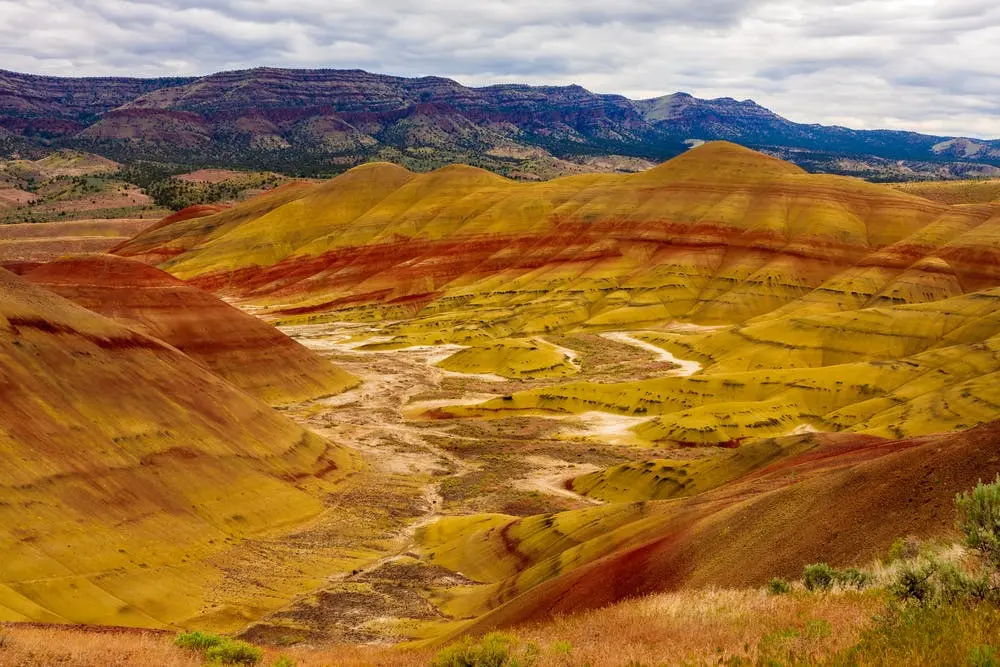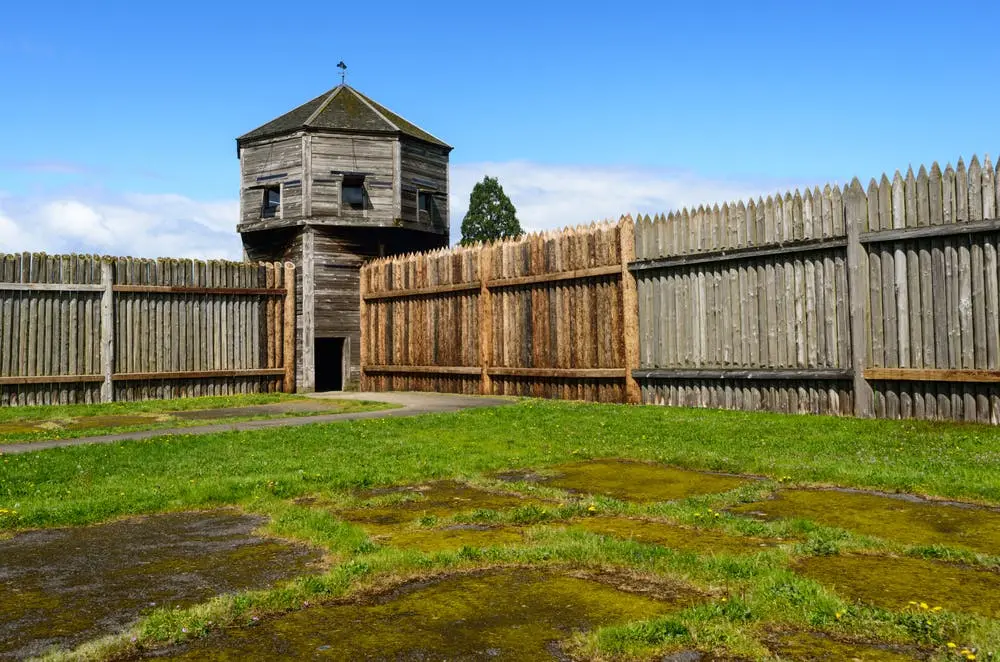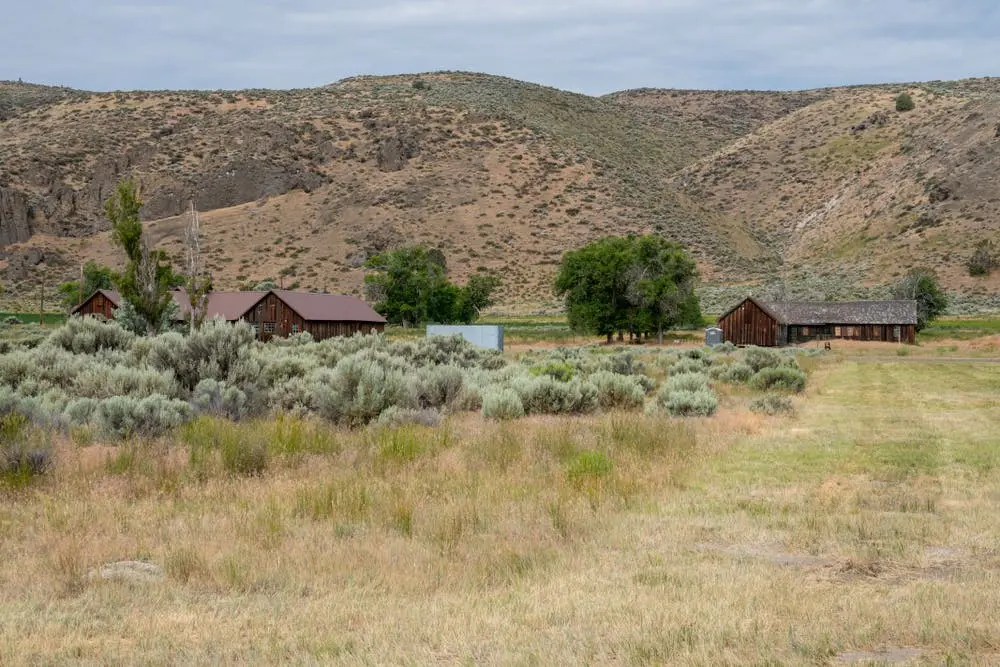


Browse motorhome by RV Class in Bend, OR
Browse towable by RV Class in Bend, OR
Fifth Wheel
Attaches to a tow vehicle via a gooseneck extension in the truck bedView all Fifth Wheel rentals in Bend
Travel Trailer
Trailer options exist for every kind of SUV or pickup tow vehicleView all Travel Trailer rentals in Bend
Popup
Can be towed by ordinary passenger vehiclesView all Popup rentals in Bend
Toy Hauler
Can be towed by many SUV or pickup tow vehiclesView all Toy Hauler rentals in Bend
Popular RV Searches in Bend, OR
Cheap
Under $100 per nightView all Cheap rentals in Bend
Affordable
$100 - $250 per nightView all Affordable rentals in Bend
Luxury
Above $250 per nightView all Luxury rentals in Bend
Delivery
Owners that deliverView all Delivery rentals in Bend
Pet Friendly
Bring your furry friendView all Pet Friendly rentals in Bend
Best National Parks Near Bend, OR
Crater Lake National Park is two hours and 35 minutes southwest of Bend via U.S. Route 97 and then Oregon Highway 62. The geologic feature of interest here is the lake created by the collapse of Mount Mazama over 7,000 years ago. Crater Lake is the deepest lake in the United States and, perhaps, also one of the most pristine. The terrain around the collapsed volcano includes caves, forests, lakes, and several mountain peaks that receive the most visitors between July and September. Summers are warm and dry, while the winters are very snowy (the park headquarters gets about 42 feet of snow annually). This park covers 183,224 acres that facilitate camping, fishing, and hiking during the summer and ranger-led snowshoeing tours, snowmobiling, and cross-country skiing in winter.
You can visit Mount Rainier National Park using I-5 and other major roadways to get into Washington state. The park, which is about five hours and 20 minutes north of Bend, is open year-round. Mount Rainer gets around 670 inches of annual snowfall, keeping the mountaintop covered throughout the year. Small towns are scattered outside the park, offering basic amenities like gas and food. Sites like Cougar Rock and White River Campgrounds provide RV or tent camping, but they get busy during the dry and warm months of July and August. Sightseeing is the top activity here, and you can enjoy ranger-led activities throughout most of the year. Miles of hiking trails are available to explore, and climbers come from around the world to ascend the 14,410-foot volcanic peak of Mount Rainer.
Lassen Volcanic National Park is five hours and five minutes south of Bend, north of Mineral, California. Visitors come here to see the numerous volcanoes, bubbling mud pots, geysers, and steaming fumaroles. Popular activities in and around the volcanic terrain include backpacking, boating, bird-watching, hiking, fishing, horseback riding, and stargazing. Many sections of the park are closed during the winter. Several campgrounds take reservations, while the Juniper Lake, Warner Valley, and Southwest Walk-in Campgrounds are first come, first served.
National Forests Near Bend, OR
RV Rentals Near Bend, OR
Frequently Asked Questions About Renting a Class C RV Near Bend, OR
How do I properly navigate and park a Class C motorhome rental in urban areas or tight spaces in Bend, OR?
When navigating and parking a Class C motorhome rental in urban areas or tight spaces, it's important to take your time and plan your route beforehand. Familiarize yourself with the dimensions of the motorhome and the height and width restrictions of the roads you'll be traveling on. When it comes to parking, look for designated spots or parking garages that can accommodate the size of your RV. Always pay attention to signage and be aware of any towing restrictions in the area.
Do I need to know any weight or height restrictions when driving a Class C motorhome rental in Bend, OR?
Yes, it's important to be aware of weight and height restrictions when driving a Class C motorhome rental in Bend, OR. Many bridges and overpasses have low clearance levels that may not accommodate the height of your RV. Additionally, be mindful of the weight of your vehicle and ensure that you're not exceeding any weight limits on the roads you're traveling.
How do I properly level and stabilize a Class C RV rental at my campsite or RV park, and what equipment or tools do I need for this?
Discuss your specific campsite with the RV owner to determine if any leveling equipment is necessary. If so, they will walk you through how to set it up safely.
What kind of maintenance or upkeep do I need to perform on a Class C motorhome rental during my rental period?
During your rental period you are not responsible for maintenance. Treat the RV with care and maintain cleanliness during your trip.
Can I bring my bicycles or other outdoor equipment to use with the Class C motorhome rental, and what storage options are available for these items?
Yes, you can bring your bicycles or other outdoor equipment to use with the Class C motorhome rental. Many RVs have storage compartments or racks that can be used to store bikes, kayaks, or other outdoor gear. Check with the RV owner to see what storage options are available and how much weight they can accommodate.
What fuel efficiency considerations do I need to consider when driving a Class C motorhome rental, and how can I minimize the impact on my fuel costs?
Class C motorhome rentals are generally less fuel-efficient than smaller vehicles, so it's important to be mindful of your fuel usage. To minimize fuel costs, try to stick to slower speeds and avoid idling or rapid acceleration. Planning out your route ahead of time can also help you save fuel by avoiding unnecessary detours or backtracking.
Can I bring my entertainment equipment or appliances for the Class C motorhome rental, such as a portable grill or music player?
Yes, you can bring your own entertainment equipment or appliances to use with the Class C motorhome rental. However, be sure to check with the RV owner beforehand to ensure that the RV is equipped with the necessary outlets or connections to use your equipment. Additionally, be aware of any safety hazards, such as using portable grills near the RV, and take appropriate precautions.
Are any particular features or amenities available in Class C motorhome rentals that may not be found in other RVs in Bend, OR?
The features and amenities available in Class C motorhome rentals can vary depending on the make and model of the RV. Some common features that may be available in Class C motorhome rentals include kitchenettes, bathrooms with showers, and additional sleeping areas. Check with the RV owner to see what features and amenities are included in their particular rental.
How do I correctly set up and use the kitchen and bathroom facilities in a Class C motorhome rental, and do I need to know any specific maintenance or cleaning considerations?
The RV owner will familiarize you with how to use the facilities. Take note of where the water and electrical hookups are located, and make sure to follow any instructions or guidelines provided by the RV owner. When it comes to cleaning and maintenance, be sure to follow proper procedures for disposing of waste and using cleaning products that won't damage the RV's plumbing or fixtures.
